€16.95
Rosemary Absolute 50%
Adam Michael has this to say “The aroma of rosemary absolute is nothing short of exquisite. If you are fond of this herb, then you will love this absolute. Rosemary absolute is Mediterranean rich, herbaceous fresh, earthy, woody, a little sweet and phenomenally tenacious.
This absolute is produced by solvent extraction from rosemary grown in Southern France. The colour is olive green and of a thick waxy paste consistency so we have diluted this at 50% in ethanol which results in an easy to handle material. A must for developing herbal bouquets, lavender accords, savoury notes and adds distinct freshness to a fragrance. Blends especially well with basil, lavender and clary sage.”
After lavender, rosemary (Rosmarinus officinalis) is probably the most important plant of the labiatae family used in aromatherapy. The bush, with its silver-green needle shaped leaves and pale blue flowers, grows freely all over Europe, but is most at home near the sea. This is reflected in its name, which is taken from two Latin words (ros marinus) meaning ‘dew of the sea’, for the plant was originally a native of the Mediterranean coast. Legend says that the flowers were once white, but that they turned blue after the Virgin Mary hung her cloak on a rosemary bush when the Holy Family stopped to rest when making their way to Egypt.
Rosemary was one of the earliest plants to have been used in medicine, and this undoubtedly overlapped with its use in cooking and in religious rites. The country people in ancient Greece, who did not have access to prepared incense, burnt sprigs of rosemary on their shrines, and it was often called the ‘incense bush’. The Romans, too, revered it as a sacred plant, and traces have been found in Egyptian tombs. The perfume of rosemary does bear some resemblance to that of Frankincense. Both are very penetrating. It was used throughout the Middle Ages to smoke out devils during exorcisms, and continued to be burnt in sickrooms as a fumigant for many centuries. The practice of burning rosemary in hospital wards in France, persisted into the present century, ironically being abandoned at about the same time that modern research proved its antiseptic properties.
Botanical Name: Rosmarinus officinalis
Origin: South of France
Safety Data: Not to be used by epileptics










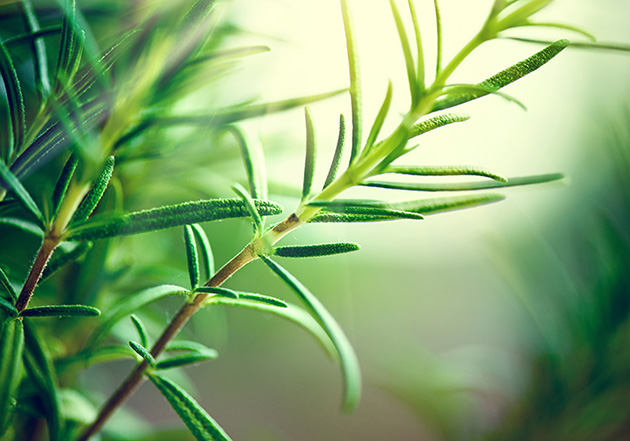
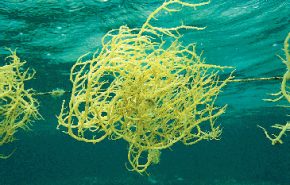
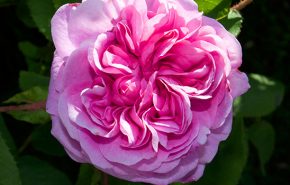
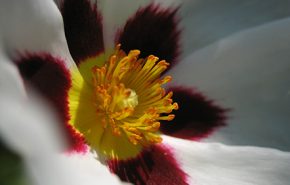
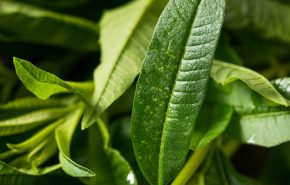
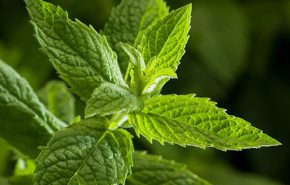
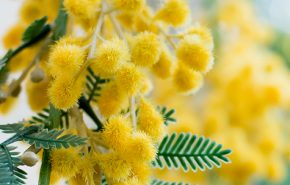
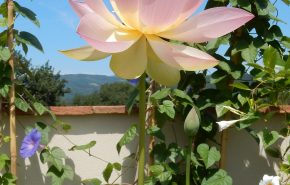
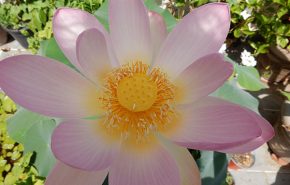
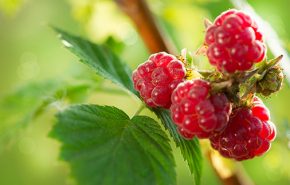
Thomas (verified owner) –
This is the real deal ! Never smelled anything like this ! A strong and true-to-nature absolute. Just a sniff from the bottle transported me to Andalucia (Spain). What a glorious scent ! With this extract, you will get the whole plant, from root to flower. It is indeed a full-bodied scent that, in my opinion, needs to be diluted to 1% (I DO mean one percent) in order to get both the delicacy and strength of this beautiful oil. A TRUE beauty for a fougere or a Cologne water.
Charalambos Charalambous (verified owner) –
When i sniff this from the bottle i get excited and ecstatic!i really cannot understand what a feeling is that but is pure love ..is not any ordinary Rosemary you ever had..do not missed it..i bought it blindly and omg is Amazing.. Did i say thank you Adam for all the good work??
Jolie T (verified owner) –
I love my oils: I am very happy with them. BUT this absolute, this is fantastic, probably because who would think rosemary could do this?
A high sweet opening, almost a floral w/o definition, immediately followed by a heart that is a roasted rosemary, a gentle , diffusive, persistent layered rosemary.
It is a stand alone comforting scent, a homecoming.i am not a romantic about my oils, I like raunchy to sweet , smooth to raucous. This is herbs answer to Vetiver, it is seductive and promising, familiar and exotic.
It is a low dry down, close to the skin, doesn’t loose character, just fades.
Per Filipsson (verified owner) –
Not at all the usual scent of rosemary, as it is concieved from the twigs. Rather, this is almost balsamic, a beautiful soft sweetness with a smooth green note. It is related to balsamic fir. It is not a basenote though, as it fades away slowly during the heart note. Really dark brown-green color, even though this is diluted to 50%.
KimRiccelli (verified owner) –
As Jolie T said, who would think that Rosemary could do this?! The longevity opens up some very interesting possibilities.
Try it with Katrafay, Guaiac Heart, and a touch of Tulsi. Perfection.
Kai Leon Art Parfumeur (verified owner) –
As with other steam distilled, freshly sharp essential oils of Herbs & Leaves –
vis-à-vis their Absolutes, of the new generation distillations – suave and animated (among such ones – Fir, Pine, Cypress, Eucalyptus…), This Rosemary Absolute from the first breath-in demonstrates its power to tap into our associative emotional Memory, and to create a vivid Ambience ‘Feel’, not just of lovely herbacious aromatherapy concoction – which is a cosy feel on its own, as part of its impression in the Top.
Yet in addition to the true-to-nature, classical character of Bitter Herb – chrushed young soft twigs of blooming Rosemary, the essence posesses its properly own orignal Fantasy notes, sufficiently present only in Absolute – due to high concentration of this Ros-Marinic (literally from Latin ‘Sea-side Cliff’) quintessence, of otherwise too ephemeral molecules in a living plant –
First it’s a light aquatic hints of green Artichoke (Carciofi) note, supported with densier floral touch (sometimes it smells like a waft of Jasmin sambac, sometimes like wild Narcissus),
those overtaken with more sustained boozy-happy, Liquory Bouquet note, playing a fruity-herbaceous ‘Ramazzotti’ variation,
– which bridges with more oscillating yet deliciously sweet chimes, of purple Pollen’.
In the drydown, Fantasy motives confluense into uniformal background scent of herbal apothecary, again, but by now it’s a boutique in Far East, full with choir of dry herbs; adjacent to breathy, flowing, healing vapours of pampering Spa, where those herbal mixtures would be poured in bath tubs.
All these secondary ‘extra’ inflections over the main green theme, have one thing in common – they are smoothly weaved into a single melody, and become fully dicernable and palpably exciting only with very exact parings, that will accentuate and expose the inflection of your choice you wish to hear ‘singing’;
For instance, if you wish to hear more of exotic flowers tone of this Absolute, pair it with Wild Narcissus Absolute;
– or if you wish for more of Liquor gourmand quality to come up, then combine it with all or either one of those – Green Cognac, Mango leaf Abs., Davana, Cassis buds and Absinthe…
But even lost in a general bunch of Greenery- themed accord, this particular, lavish Rosemary will elevate every standard Chipre and Cologne mix with its velvety complexity.
Nicholas M (verified owner) –
Definitely a must for a good, Italianesque citrus cologne. Worthy of being combined with a fir absolute or a lavender absolute as part of a larger fougère composition.